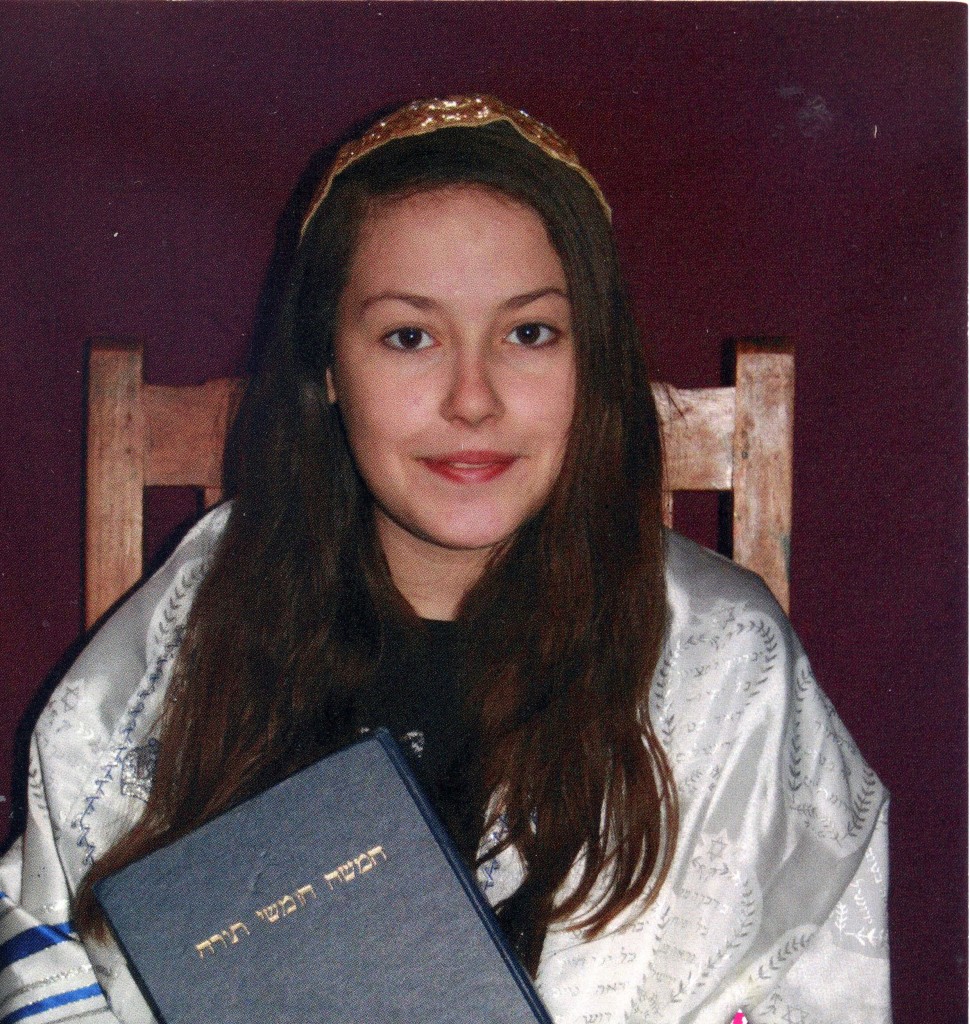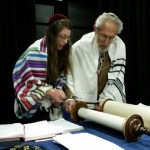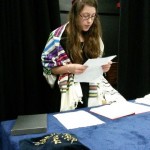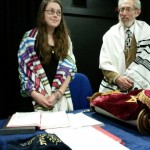I am writing this on Wednesday 31st December. Last Thursday was 25th December, a day which part in this part of Israel, at least, is without any special significance.This is something that those of us who come from outside Israel, especially Europe and the English speaking countries (Anglo-Saxononim in local dialect) find very unusual.
On one of the days of Chanukah I went to Jerusalem with my grandsons, and we walked around the Old City. Outside many of the Jewish houses there was a box to hold a lit Chanukiah, and outside some doorways leading onto four or five apartments there was a glass box with shelves on which the individual flats had placed their Chanukiot. I even found one house that had built a Chanukiah from Lego! This is an interesting a new way of “publicising the miracle”.
In a society that is so closely defined by religion as Israel, it is quite logical to me that Xmas would be unmarked in Jewish areas, although like all my English friends I pine for some of the eatable traditions! When I did see one small girl in Tel Aviv holding a piece of greenery which obviously had Christmas overtones, I found it quite startling until I remembered the cosmopolitan nature of the city and the fact that she could very well not be Jewish.
New Year’s Eve is a different problem. In England we regard it as a purely secular celebration. Within the Catholic Church however 31st of December is designated as the feast of St Sylvester, who was Pope in the fourth century. The overzealous Rabbanut in the major cities attempted some years ago to ban New Year’s Eve parties on the basis that they were a Christian religious festival. I shall be at the Dead Sea for New Year’s Eve this year, and I am quite curious to know what is going to happen this evening.


 Congratulations to Katharine Barral on her Bat Mitzvah on Saturday, 20 December 2014 – Shabbat Channukah at the Piran Theatre, Truro High School for Girls. The service was conducted by Harvey and Katherine read beautifully from the Torah Scroll.
Congratulations to Katharine Barral on her Bat Mitzvah on Saturday, 20 December 2014 – Shabbat Channukah at the Piran Theatre, Truro High School for Girls. The service was conducted by Harvey and Katherine read beautifully from the Torah Scroll.

